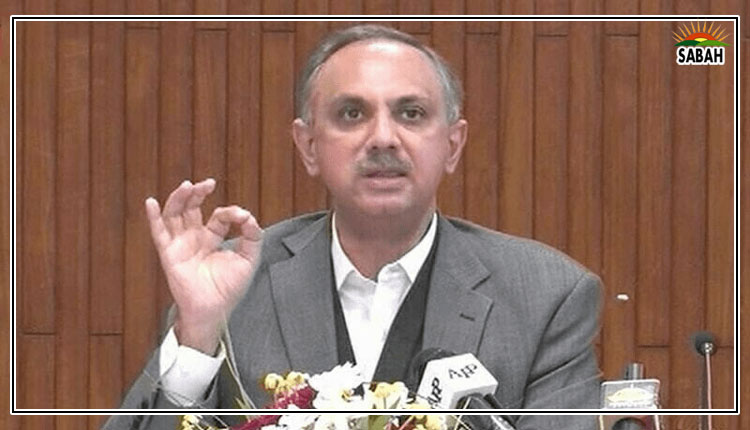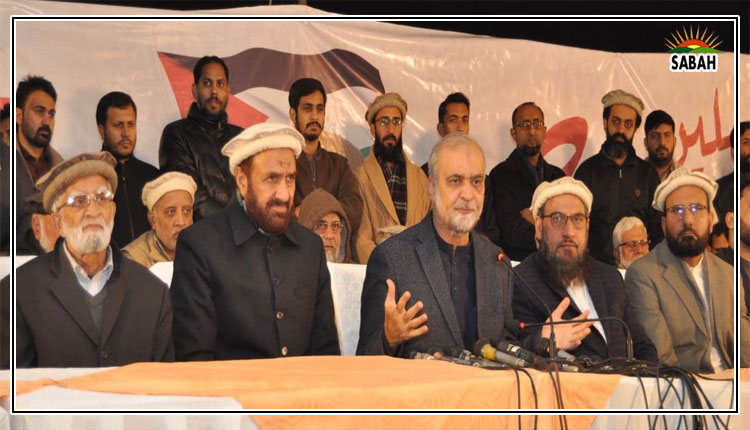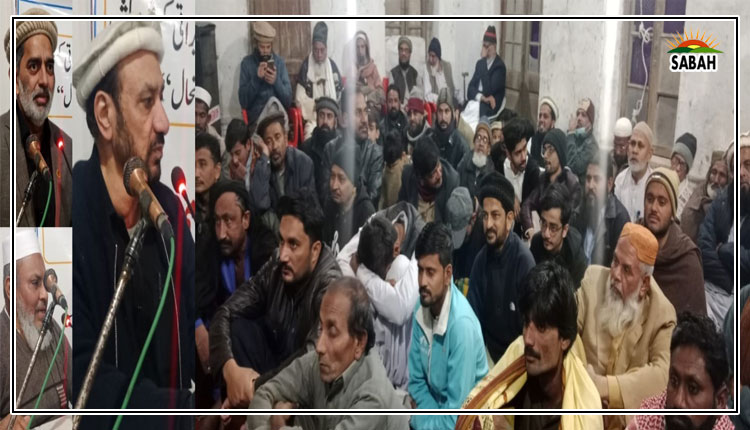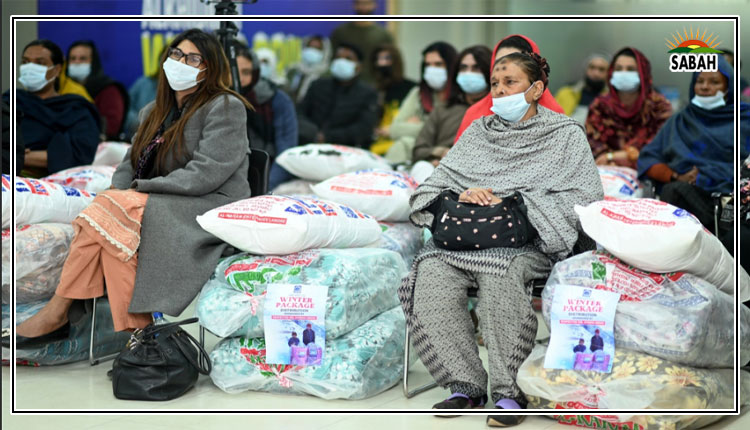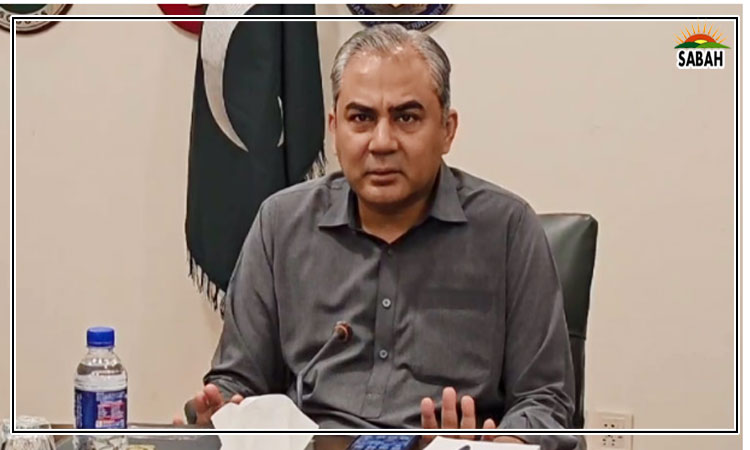What did we achieve betting on Afghan Taliban?…Kamran Yousaf
Make no mistake. Terrorism is back in Pakistan. The Peshawar Police Lines terrorist attack has sent shockwaves among the public. People fear the return of the dark days of the war on terror when militant groups spread their terror across the country. It was the December 2014 Army Public massacre that brought the country together. A national census was achieved despite at the time Imran Khan was seeking the ouster of the then PML-N government. The national unity produced a national action plan to stem the tide of terrorism. Within months, full scale military operations were launched in the erstwhile tribal areas as well as intelligence based operations in urban centres. The decisive actions drove terrorists out of Pakistan, bringing a semblance of normalcy back to the country. But in the process, the country paid a huge price both in terms of men and material. Given how terrorists inflicted damage to the state of Pakistan, it was hoped that the country would never let these monsters challenge the writ of the state again.
But the situation began to change after the takeover of Kabul by the Afghan Taliban in August 2021. Many including those sitting at the helm of affairs portrayed the Afghan Taliban victory as a major success for Pakistan. The premise for their celebration was that the Afghan Taliban takeover meant that the hostile agencies would no longer exploit the volatile Afghan situation to target Pakistan. The friendly Afghan government would evict groups such as the banned Tehreek-e-Pakistan (TTP) and its affiliates. When Pakistan did make a formal request for decisive action against the TTP, the Afghan Taliban instead asked Islamabad to seek a negotiated settlement with terrorists. The Afghan allied Haqqani Network played the role of mediator and Pakistan began talks with the TTP. The talks did make some progress at the start leading to the ceasefire by the terrorist outfits. In return for a truce, Pakistan released TTP members including some hardcore terrorists. Few were even given presidential pardon. Then in another bizarre decision taken by a few individuals with no proper consultation process, Pakistan allowed thousands of TTP members to return. The deal was they would return unarmed. The process was so flawed that the local authorities were not even aware of that arrangement leading to clashes as well as protests from the public.
As TTP members started returning, the number of terrorist attacks began to increase. It has become abundantly clear that the TTP used that move to regroup. Pakistan once again made the same blunder as it did in the past.
At a high-level Apex Committee meeting held in Peshawar after the deadly terrorist attack, there was an acknowledgement that seeking direct negotiations with the TTP and allowing their members to return was a mistake. The decision was taken in haste and it was a miscalculation. But who would hold those accountable who made that misjudgment? Had there been any accountability process not just for financial dealing but such decisions, perhaps the country would not have faced such situations.
What to do now? The sense is that the current military leadership wanted a course correction so as the civilian dispensation. At least a decision was taken not to seek any direct talks with the TTP at this stage. Since the TTP operates out of the neighbouring country, Pakistans civil and military leadership have decided to take up the issue with the Afghan Taliban at the highest level. Pakistan would seek the intervention of Afghan Taliban Amir Habitullah Akhundzada to tackle the TTP. But it appears that this option may not work. The Afghan Taliban have denied their soil was used in the Peshawar attack. The statement of the Afghan acting Foreign Minister was telling. Amir Muttaqi asked Pakistan to find the enemy from within. This means that despite Pakistans stance, the Afghan Taliban are in a state of denial. In this situation, what are Pakistans options? In reality, Islamabad has only a few options to convince the Afghan Taliban. It is time to ask ourselves: What did we achieve by betting on the Afghan Taliban?
Courtesy The Express Tribune




